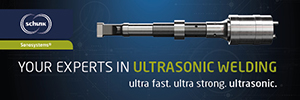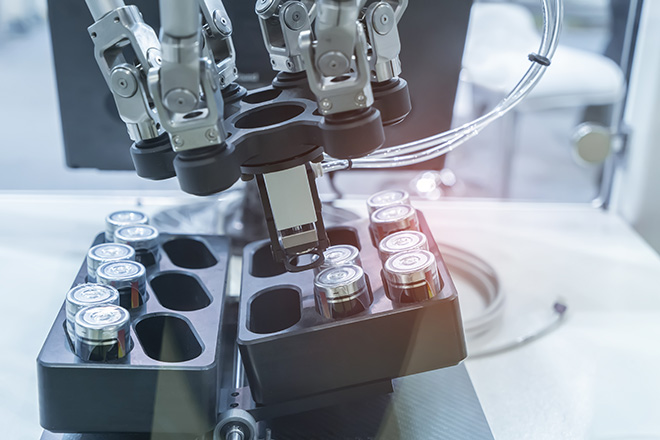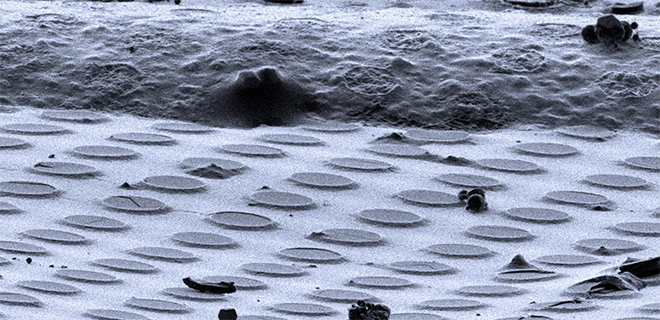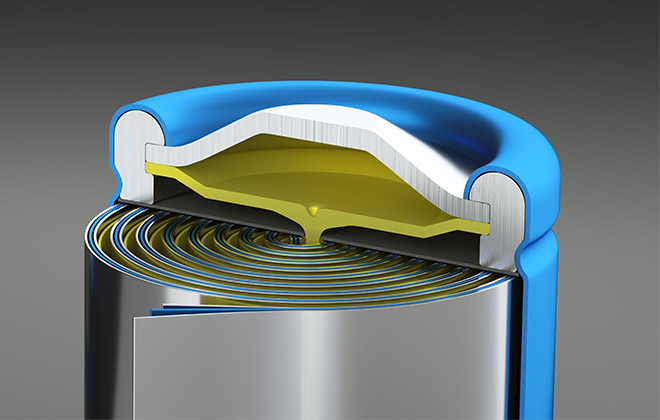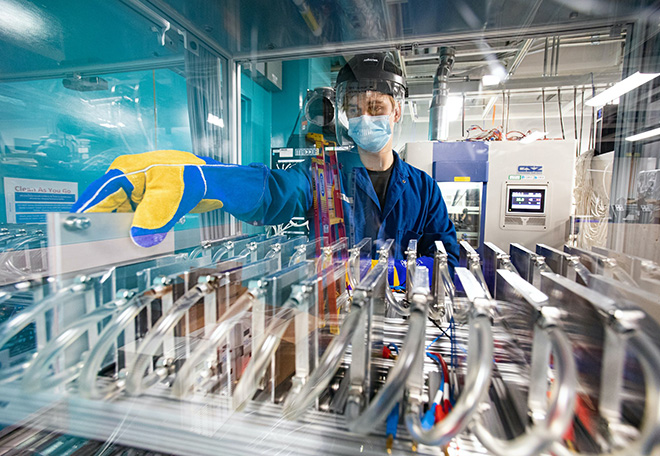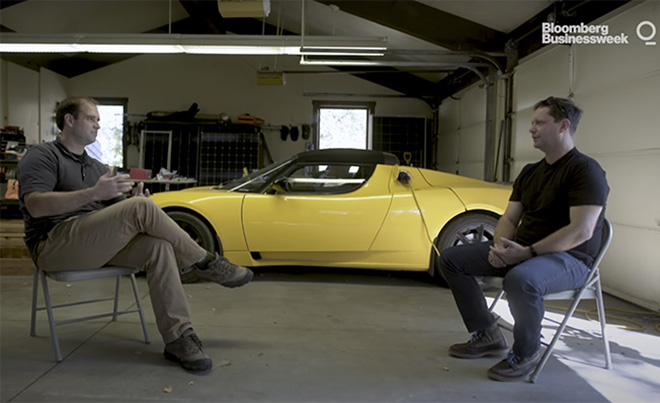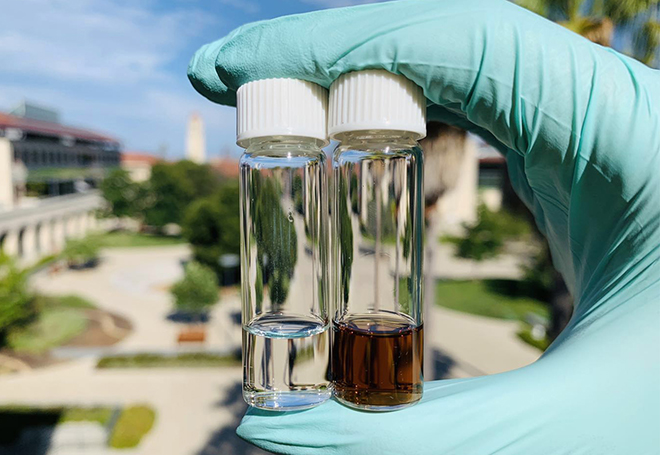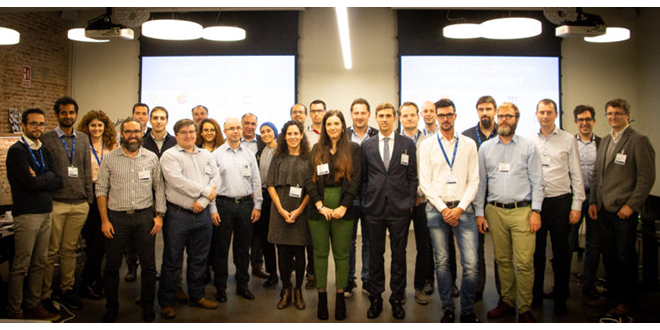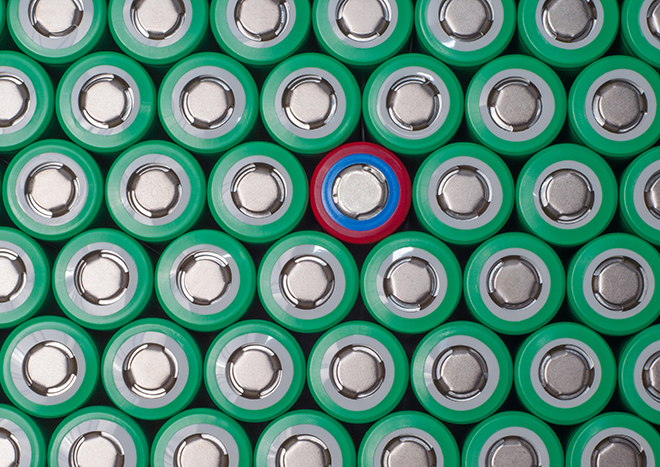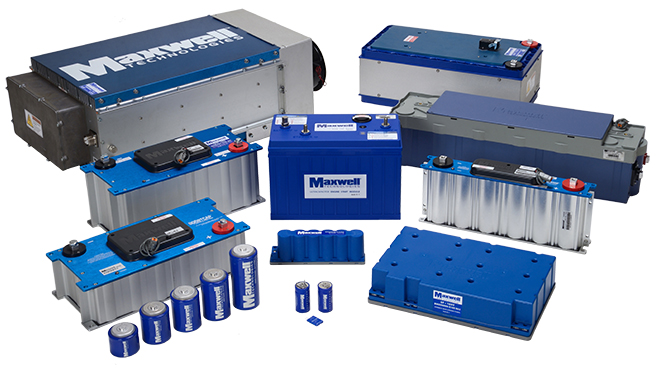LG Energy Solution (LGES) has selected Dr. Peter Kyungsuk Pyun for its newly created Chief Digital Officer (CDO) position. “Based on his accumulated experience in world-renowned firms, we expect LGES to take a further step forward in battery manufacturing processes by utilizing AI and big-data technology,” said an LGES spokesperson. After earning a PhD in… Read more »
Search Results Found For: "stanford"
New Cryo-EM battery research tool produces image of SEI layer on lithium metal anode
Scientists from the Department of Energy’s SLAC National Accelerator Laboratory and Stanford University have used cryogenic electron microscopy, or cryo-EM, to produce high-resolution images of the solid-electrolyte interphase (SEI) layer that forms on lithium metal anodes in an approach that may improve lithium metal battery design. The scientists developed a way of collecting the SEI… Read more »
New paper shows atomic-scale closeups of how a lithium-metal electrode ages
Lithium-metal batteries, which use anodes made of lithium metal rather than graphite, could offer great improvements in energy density and weight. The DOE’s Battery 500 Consortium has set a goal of developing lithium-metal EV batteries with triple the energy density of today’s Li-ion cells. Now scientists at Stanford University and the SLAC National Accelerator Laboratory… Read more »
Machine learning could lead to durable fast-charging batteries
Scientists at Stanford University are harnessing machine learning (ML) to design better batteries. In addition to using ML to speed up scientific analysis by looking for patterns in data, the researchers combined it with knowledge gained from experiments and equations guided by physics to discover and explain a process that shortens the lifetimes of fast-charging… Read more »
JB Straubel gives a tour of Redwood Materials’ battery recycling operation
Despite what the anti-EV brigade would like you to believe, recycling lithium-ion batteries is quite feasible both technologically and financially, and several companies are doing so right now. One of these is Li-Cycle, which was featured in the July/August issue of Charged. Another is Redwood Materials , which has gotten a lot of press coverage… Read more »
Researchers develop novel battery electrolyte for lithium metal batteries
A new lithium-based electrolyte invented by Stanford University scientists could pave the way for the next generation of EVs. In a study published in Nature Energy, Stanford researchers demonstrated how their novel electrolyte design boosts the performance of lithium metal batteries. “Most electric cars run on lithium-ion batteries, which are rapidly approaching their theoretical limit… Read more »
New machine-learning method could supercharge EV battery development
Battery performance can make or break the EV experience, from driving range to charging time to the lifetime of the car. A team led by Stanford Professors Stefano Ermon and William Chueh has developed a machine-learning algorithm that could lead to longer-lasting, faster-charging batteries. For decades, advances in EV batteries have been limited by evaluation… Read more »
EU awards $4.5 million grant to UpScale Project to reduce EV development time using AI
UpScale, an EU project aimed at using AI for more efficient EV production, has received a €4 million ($4.5 million) grant from the European Commission to develop computer simulations to aid in the development of EVs. UpScale (Upscaling Product development Simulation Capabilities exploiting Artificial intelligence for Electrified vehicles) consists of 11 companies and European entities… Read more »
AI algorithm accurately predicts the life cycle of Li-ion batteries
Scientists at MIT, Stanford and the Toyota Research Institute (TRI) have developed an AI algorithm that they say can accurately predict the useful life of Li-ion batteries. The algorithm analyzed factors such as voltage decline to make predictions as to how many more cycles a battery would last. The predictions turned out to be within… Read more »
Tesla to acquire ultracapacitor developer Maxwell Technologies
Tesla plans to acquire Maxwell Technologies at a price of $4.75 per share, or approximately $218 million. The merger, which was unanimously approved by Maxwell’s board of directors, is to be finalized around the second quarter of 2019. Maxwell is based in San Diego and has about 380 employees. The company will be familiar to… Read more »



